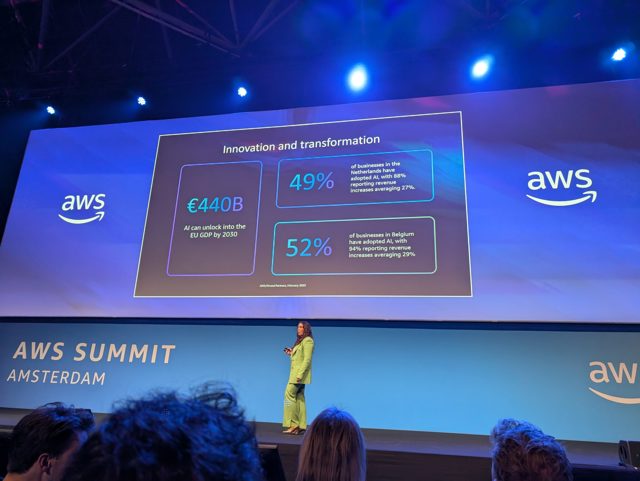Lab 1 – RAIL: Responsible Decision Support for Efficient and Dynamic Railway Systems
- PhD1.1: Filled – Cooperation between human and AI planners
- PhD1.2: Filled – Robust planning and resilience
- PhD1.3: Open – Quickly reacting to changes and disruptions
- PhD1.4: Filled – Supporting strategic decisions regarding the infrastructure capacity
- PhD1.5: Filled – Learning from previous situations and producing recognizable plans


